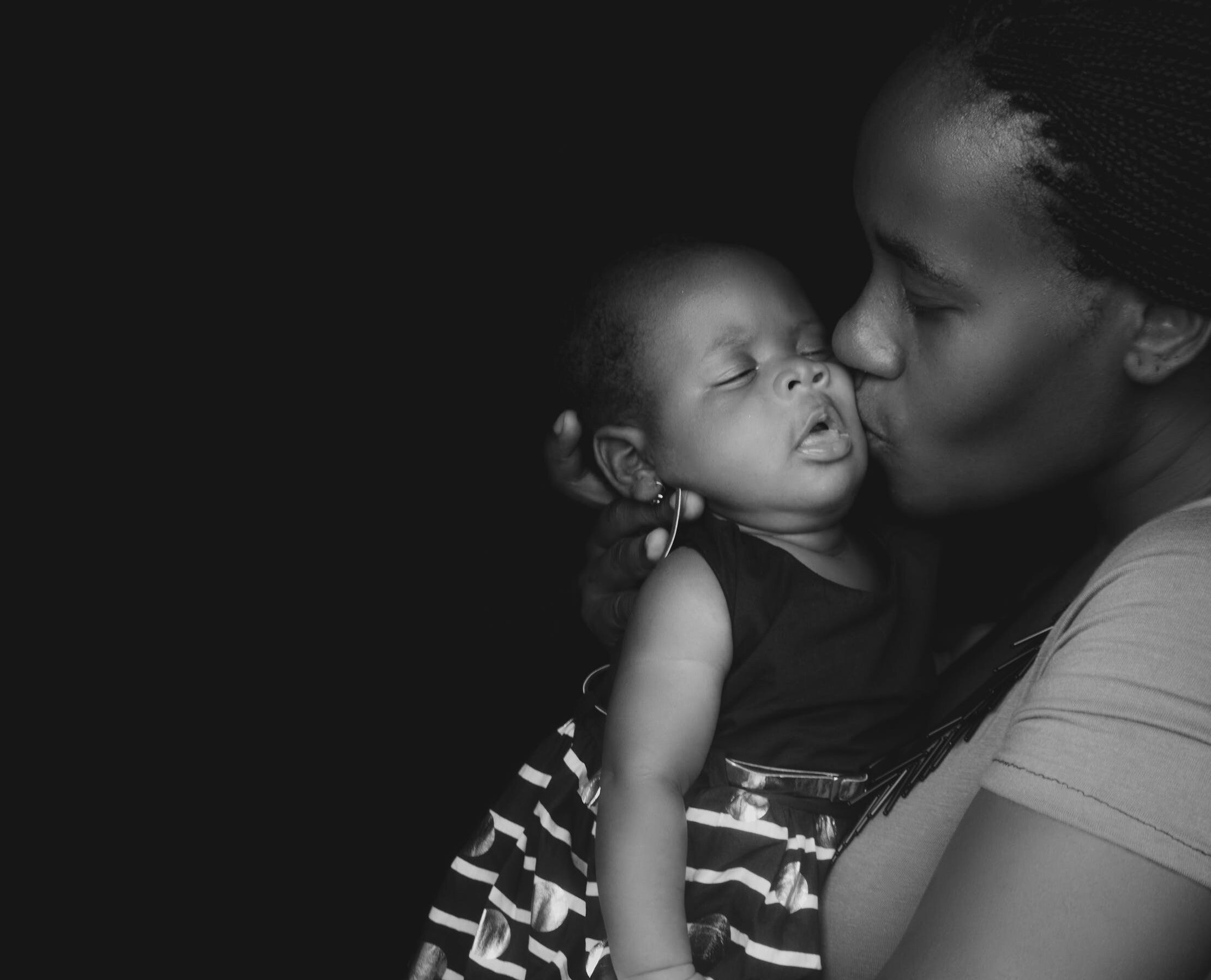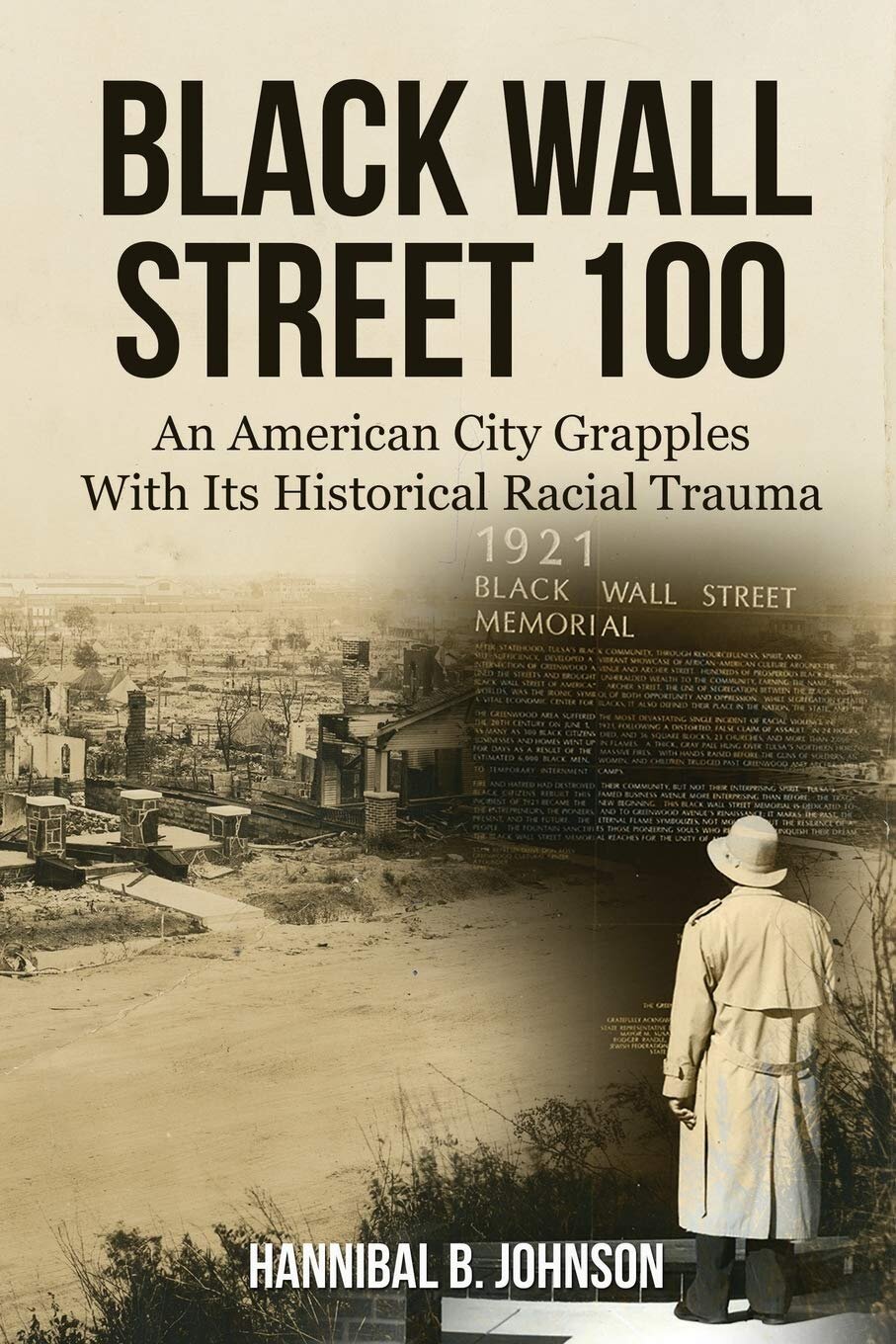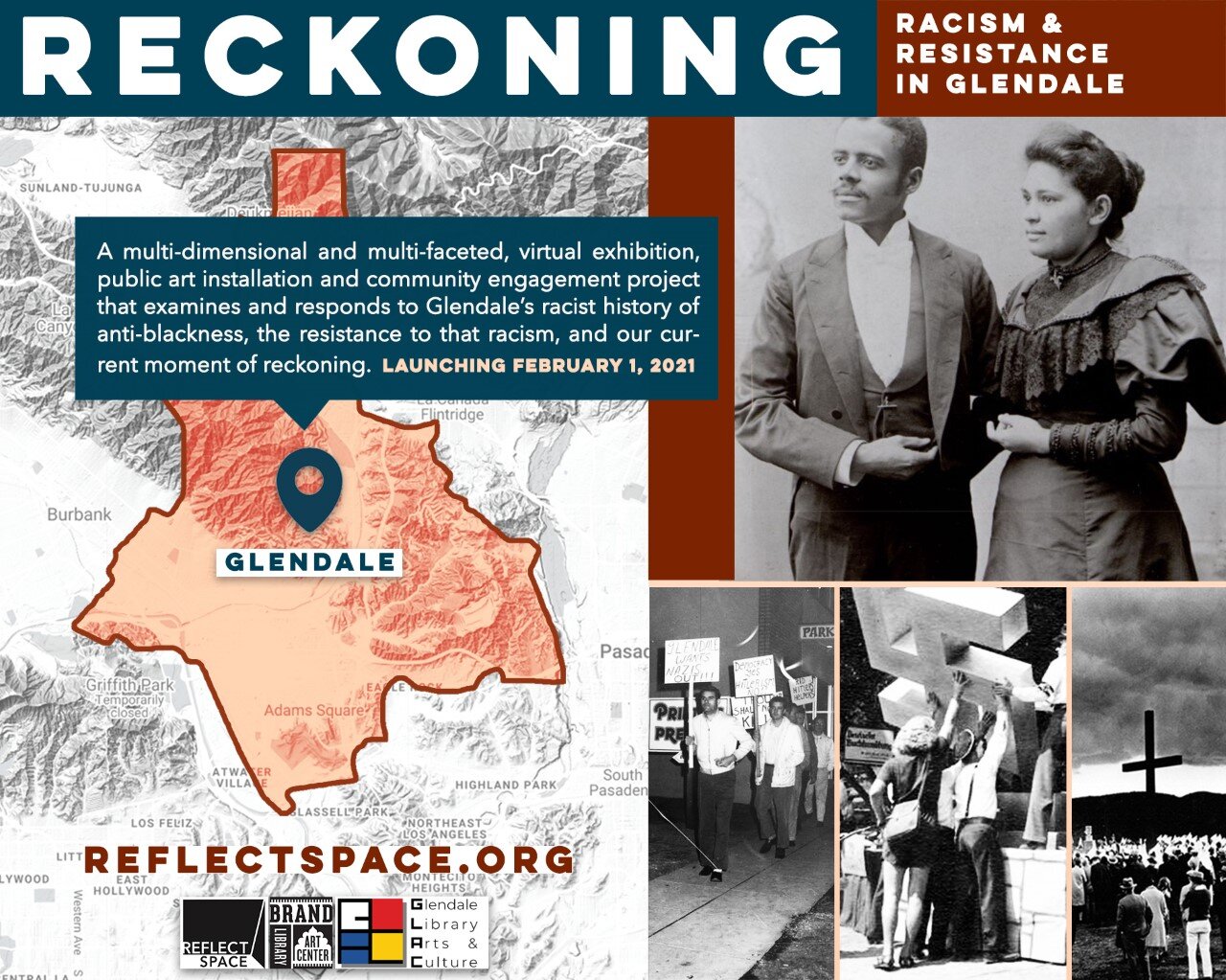
Black Lives, Black Stories
Black Lives, Black Stories
May 24 - June 5
Commemorating the 1 year anniversary of the 2020 Racial Justice Protest and the 100 year anniversary of the Tulsa Race Massacre.
Quick Links:
Glendale Library, Arts & Culture and the City of Glendale are devastated by these events of racial injustice and human heartbreak throughout Los Angeles County and across the country. We share in the heartache, grief, and frustration from this incident.
Glendale’s commitment to anti-racism, inclusiveness, compassion, and mutual respect is the foundation for building a community where we hope future generations will never have to experience such injustices. To that end, we strive--both in this moment of unrest, and going forward--to offer quality resources for all as we have always done, but with a thoughtful intent to amplify more Black stories, and the stories of other underrepresented communities, to promote equity, awareness, and inclusion, and to support those looking to start difficult but necessary conversations.
Children’s and Teens’ Black Lives, Black Stories Playlist
Reading books can serve as a mirror, reflecting and affirming our identities and experiences, as well as a window, building empathy with people, cultures, and experiences outside of our own. We have developed book lists that offer both perspectives for children – check out books on Black Identity and Black Experience. Parents and caregivers may find support in our Difficult Conversations list, with books that offer a starting place for hard but important conversations and action. You can also listen to this wonderful standalone story, and check out a playlist of additional videos here. We have also developed growing book lists for adults and teens that provide further education about the Black experience and how we can work to create a more just society.
The Library is a space for the whole community to come together, not only to read, but to learn, grow, and thrive. When we confront the role that systemic racism plays in our culture, and work to dismantle it in ways big and small, together we can all benefit from a more just, kind, and dynamic society.
Glendale Library, Arts & Culture continues to attempt to build a collective response to systemic racism through the participation in planned programs and projects.
Our ongoing Be the Change series elevates the voices and stories of Black, Indigenous and People of Color (BIPOC), and inspires our community to be the change through virtual lectures, exhibits, and online programming and resources from authors, curators, and historians.
In response to the City of Glendale’s sundown town resolution, we created the exhibit Reckoning: Racism & Resistance in Glendale to provide a historical and contemporary narrative, acknowledging local racist history and ongoing racism. This exhibit provides a platform for increased awareness, communication and feedback from the community.
All Glendale Library, Arts & Culture staff participated in the YWCA Glendale 21 Day Racial Equity & Social Justice Challenge to offer employees the power and tools to move forward. We encourage our community to participate in the conversation about racism and social justice by taking part in the challenge.
The City of Glendale presented a City of Glendale Community Conversation: Panel on Racism: Past & Present, Thursday, July 30, 2020, the first of several in a series, part of demonstrating the city’s commitment to recognizing its past and moving forward into the future.
As a Core Member in the Government Alliance on Race and Equity (GARE) the City of Glendale has made a commitment to advancing racial equity across the breadth (all functions) and depth (from frontline staff to appointed and elected leadership) of our jurisdiction, working to achieve racial equity and advance opportunities for all.
The Glendale History Room will endeavor to document and preserve the rich history of underrepresented populations in Glendale that have been largely excluded from the historic record.
With Resolution No. 20-136, the Glendale City Council asked for the drafting of a historical context statement. This statement is intended to research the historical development of a community, in this case including a focus on African American, Latinx, Eastern and Western Asian populations in Glendale. The statement will provide support for identifying historic, architectural, and cultural resources. It will document the City's history and evolution, including the communities of color that have shaped it, serving not only as a reminder of a historically inequitable past that limited housing and employment for people of color, but also guiding future planning and land use decisions to facilitate moving forward toward an inclusive, anti-racist future. It is scheduled to be completed in May 2022.
Glendale Library Arts and Culture Staff is committed to deepening our Diversity, Equity, and Inclusion (DEI) education through the development of self guided modules based on the work of the Multnomah County Library. Glendale Library Arts and Culture Staff will also be working with a consultant to assess our programs in developing a cultural equity and inclusion plan which will be a framework for our future programming.
There are no simple answers, no fail safe remedies. This is a work in progress.
BLACK WALL STREET 100
Hannibal Johnson in conversation with Donzaleigh Abernathy
Thursday, May 27, 2021, 6:30pm (PST)
Harvard Law School graduate, author, attorney, and consultant, Hannibal Johnson discusses his book Black Wall Street 100: An American City Grapples With Its Historical Racial Trauma with Actress, Activist and Writer Donzaleigh Abernathy. Black Wall Street 100: An American City Grapples with Its Historical Racial Trauma, endorsed by the 1921 Tulsa Race Massacre Centennial Commission and the 400 Years of African American History Commission, furthers the educational mission of both bodies. The book offers updates on developments in Tulsa generally and in Tulsa's Greenwood District specifically since the publication of Hannibal B. Johnson's, Black Wall Street: From Riot to Renaissance in Tulsa's Historic Greenwood District.
Black Wall Street 100 is a window into what distinguishes the Tulsa of today from the Tulsa of a century ago. Before peering through that porthole, we must first reflect on Tulsa's Historic Greenwood District in all its splendor and squalor, from the prodigious entrepreneurial spirit that pervaded it to the carnage that characterized the 1921 massacre to the post-massacre rebound and rebuilding that raised the District to new heights to the mid-twentieth-century decline that proved to be a second near-fatal blow to the current recalibration and rebranding of a resurgent, but differently configured, community.
Tulsa's trajectory may be instructive for other communities similarly seeking to address their own histories of racial trauma. Conversely, Tulsa may benefit from learning more about the paths taken by other communities. Through sharing and synergy, we stand a better chance of doing the work necessary to spur healing and move farther toward the reconciliation of which we so often speak.
Check out Black Wall Street 100 from the Library.
Copies of Black Wall Street 100 are available from our partner, Once Upon a Time Bookstore.
Reckoning: Racism & Resistance in Glendale
Launched February 1, 2021
A multi-dimensional and multi-faceted virtual exhibition, public art installation and community engagement project that examines and responds to Glendale’s racist history, the resistance to that racism and our current moment of reckoning.
Be The Change by exploring these booklists:
Children's Booklists:
Learn more about the 2020 Glendale Racial Justice Protest by exploring these online resources:
Protest March Is Significant, Hopeful by Zane Hill
Glendale marches for Black Lives by Kevin Colindres
Black Lives Matter 2020 photo album by Rob Wilson
Be The Change by exploring these online resources:
Black in Glendale - B.I.G.'s mission is to promote awareness and respect for Black culture through events that honor the heritage, creativity and contributions of Black people and builds community among Glendale neighbors and friends.
The YWCA Glendale 21 Day Racial Equity & Social Justice Challenge offers employees the power and tools to move forward. We encourage our community to participate in the conversation about racism and social justice by taking part in the challenge.
Southern California Library SCL is a community library and archive located in South Los Angeles. SCL documents and makes accessible histories of struggles that challenge racism and other systems of oppression so we can all imagine and sustain possibilities for freedom. Everyone is welcome to use the Library's resources to research and put to practice the histories of everyday people working to create change.
The Great Migration: Creating a New Black Identity in Los Angeles - In honor of Black History Month, this is the first in a three part series exploring the shifting Black communities of Los Angeles.
Community and Commerce: Oral Histories of African American Businesses in Los Angeles - Features a series of eighteen oral histories conducted by COHR that document long-term African American business ownership in the Los Angeles area.
California African American Museum - The first African American museum of art, history, and culture fully supported by a state. Listen to their podcast in partnership with the California Institute of Rural Studies, and Dr. Caroline Collins at UCSD: We Are Not Strangers Here African American Histories in Rural California.
California Cultures: African Americans - Historic photographs and artwork show the changing lives of African Americans from the Gold Rush Era and Statehood, through years of struggle to claim their civil rights.
California Historical Society - Cognizant that much of the state’s African American history has been overlooked or suppressed, the California Historical Society is marking Black History Month through several public history programs.
Glendale Community College (GCC) Black History Month - GCC is hosting a variety of events and workshops with the theme of Celebrating Blackness throughout the months of January and February. Flyer
Be The Change by exploring these online resources:
African American History Month - The Library of Congress, National Archives and Records Administration, National Endowment for the Humanities, National Gallery of Art, National Park Service, Smithsonian Institution and United States Holocaust Memorial Museum join in paying tribute to the generations of African Americans who struggled with adversity to achieve full citizenship in American society.
National Museum of African American History and Culture - It provides an opportunity for those who are interested in African American culture to explore and revel in this history through interactive exhibitions. It helps all Americans see how their stories, their histories, and their cultures are shaped and informed by global influences.
Library of Congress NAACP: A Century in the Fight for Freedom Exhibit - A retrospective of the NAACP’s history during its first 100 years.
In Motion: The African American Migration Experience - A new interpretation of African-American history, one that focuses on the self-motivated activities of peoples of African descent to remake themselves and their worlds.
The 1619 Project is a long-form journalism project developed by Nikole Hannah-Jones, writers from The New York Times, and The New York Times Magazine which aims to reframe the country's history by placing the consequences of slavery and the contributions of Black Americans at the very center of the United States' national narrative.
Slave Voyages - This digital memorial raises questions about the largest slave trades in history and offers access to the documentation available to answer them.
Born in Slavery: Slave Narratives from the Federal Writers' Project, 1936-1938 - 2,300+ first-person accounts of slavery & 500 black-and-white photographs of former slaves.
Black Women's Suffrage - The Black Women’s Suffrage Digital Collection is a collaborative project to provide digital access to materials documenting the roles and experiences of Black Women in the Women’s Suffrage Movement and, more broadly, women’s rights, voting rights, and civic activism between the 1850s and 1960.
African American History: American Memory from the Library of Congress - 16 collections ranging from music to baseball to slavery.
The African-American Mosaic: A Library of Congress Resource Guide for the Study of Black History & Culture - 500 years of the black experience in the Western hemisphere via the Library of Congress's books, periodicals, prints, photographs, music, film, and recorded sound.
Learning for Justice - A project of the Southern Poverty Law Center, Learning for Justice (formerly Teaching Tolerance) was founded in 1991 to prevent the growth of hate. Learning for Justice provides free resources to educators—teachers, administrators, counselors and other practitioners—who work with children from kindergarten through high school.
She the People - She the People is activating and mobilizing women of color across the country to create a politics grounded in love, justice, and belonging.












